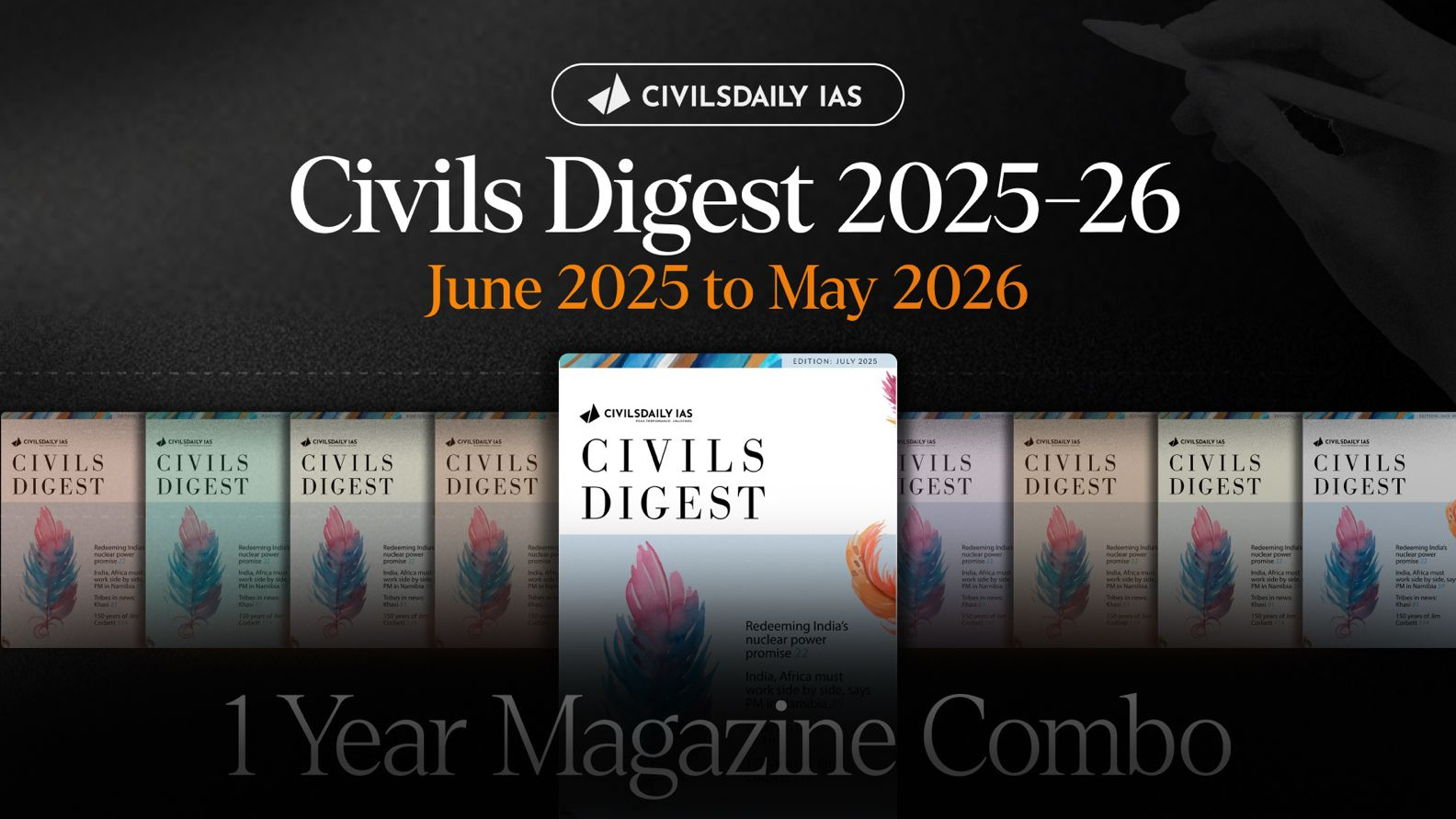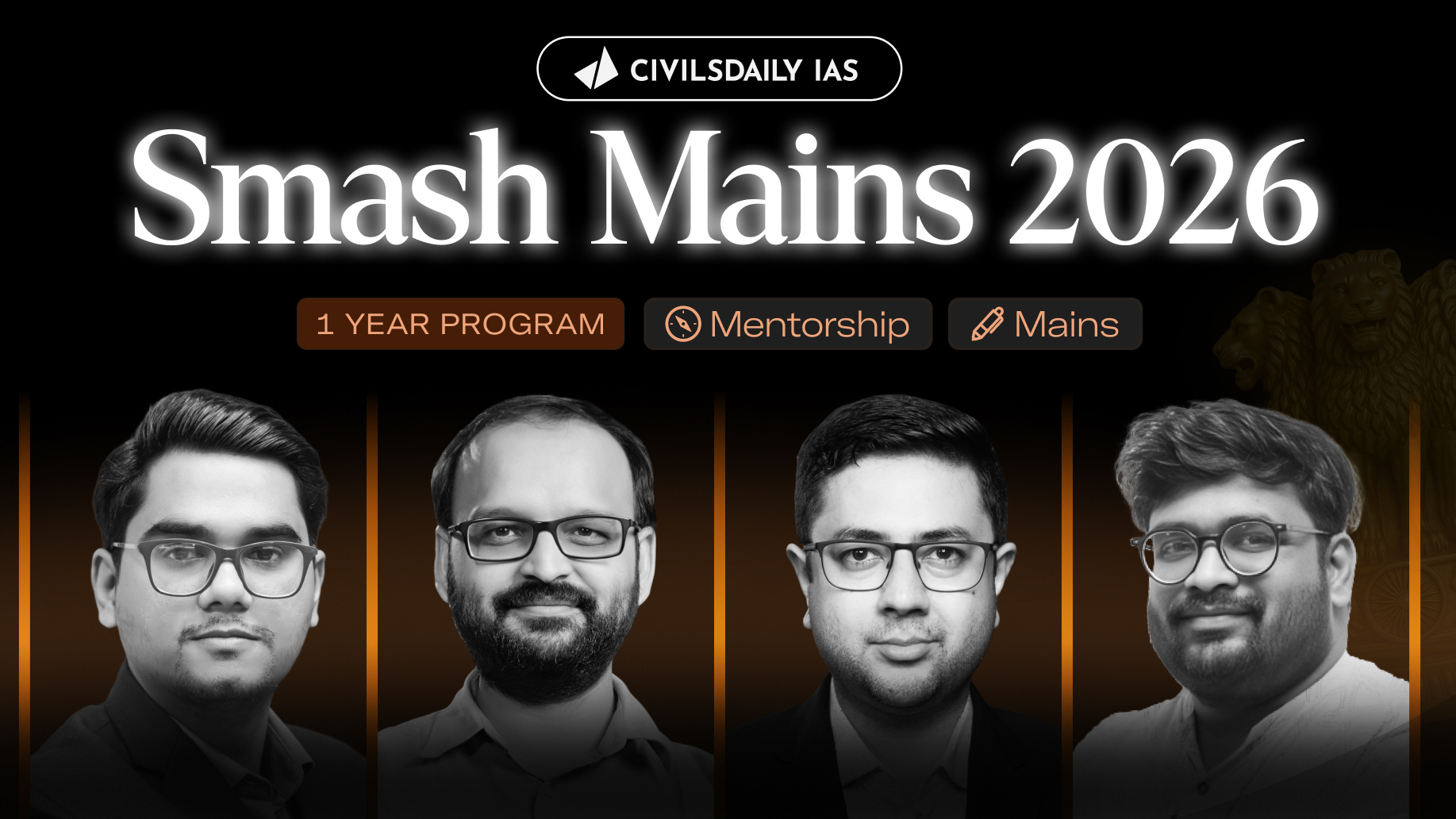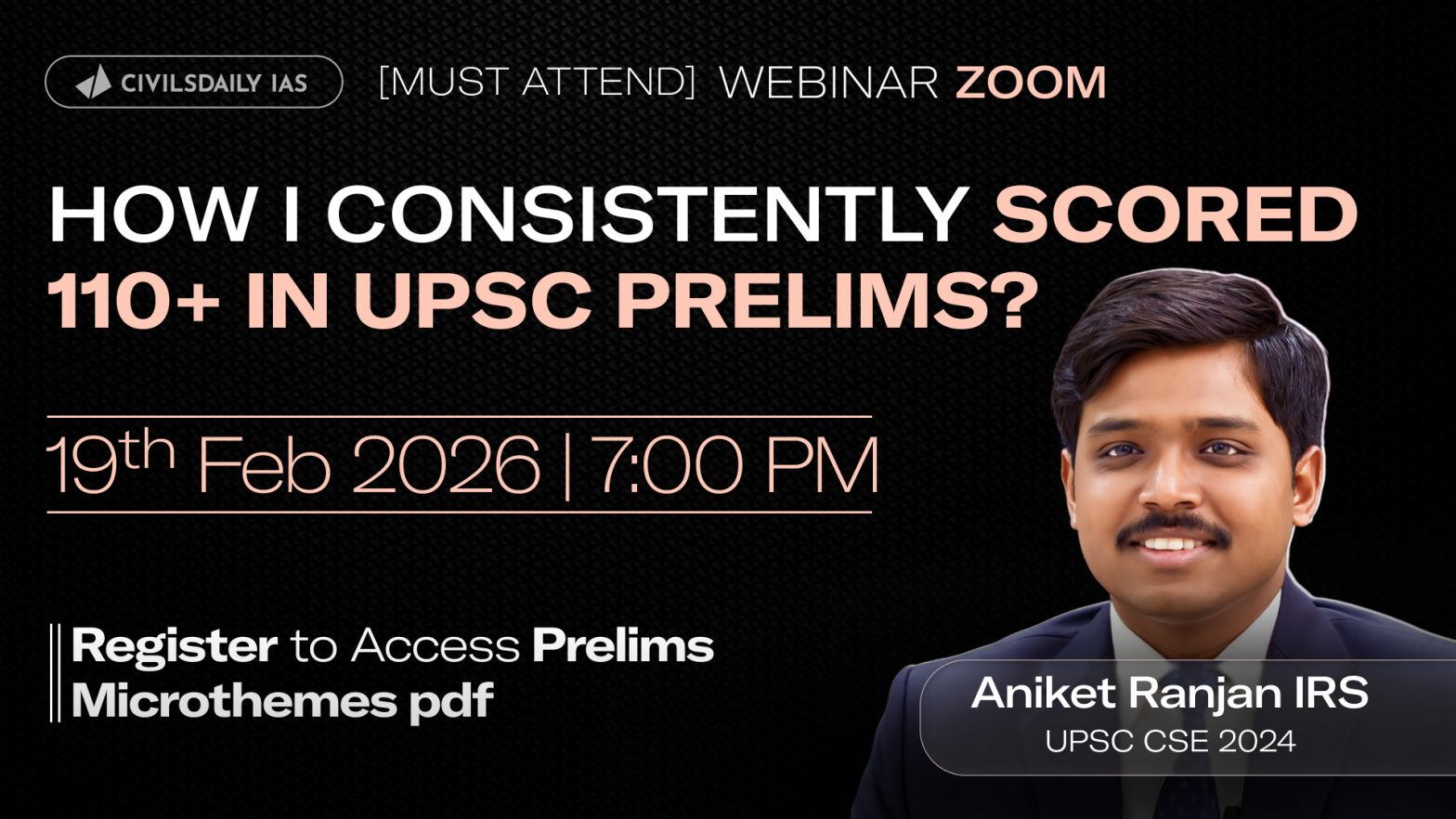

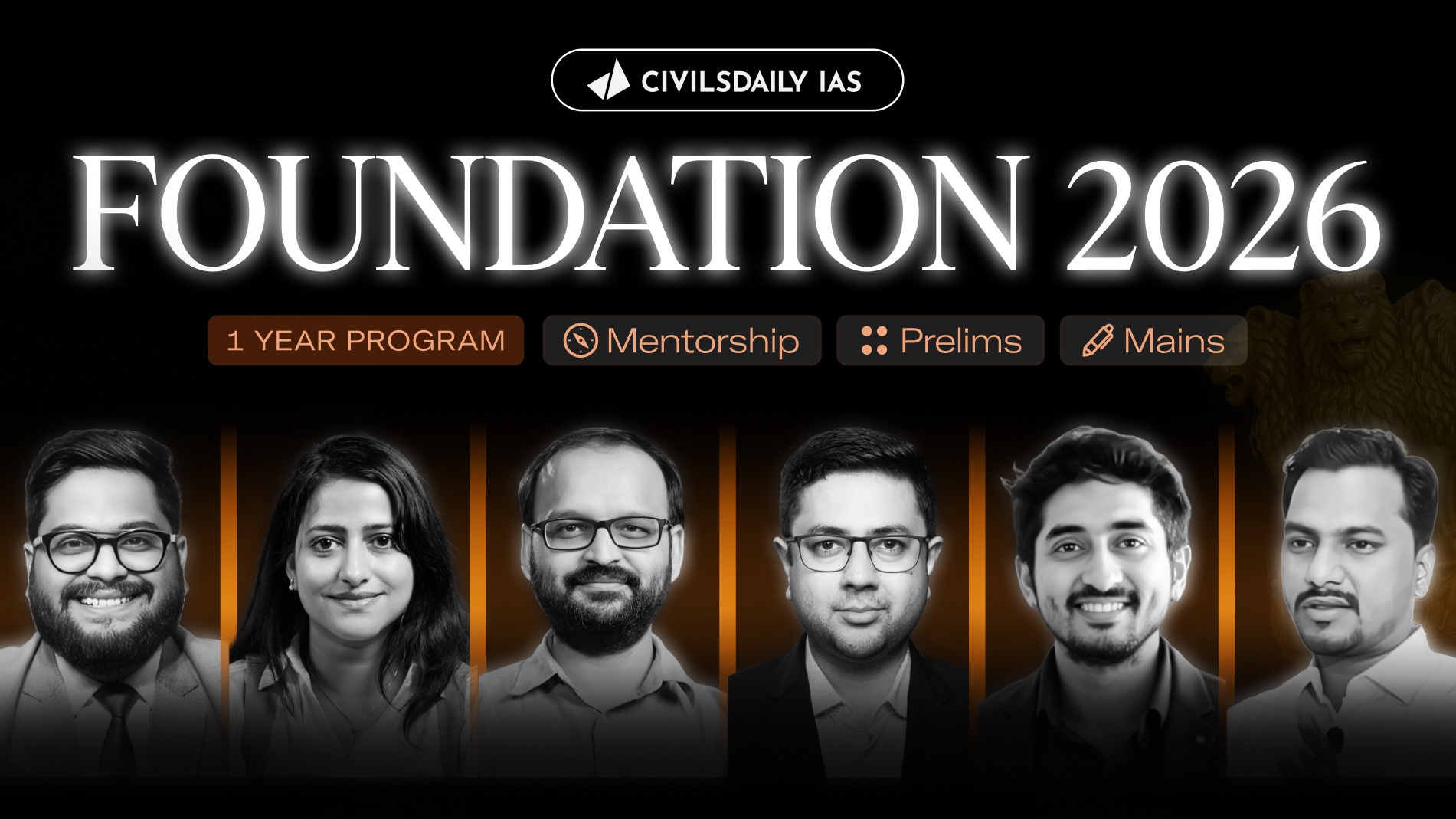
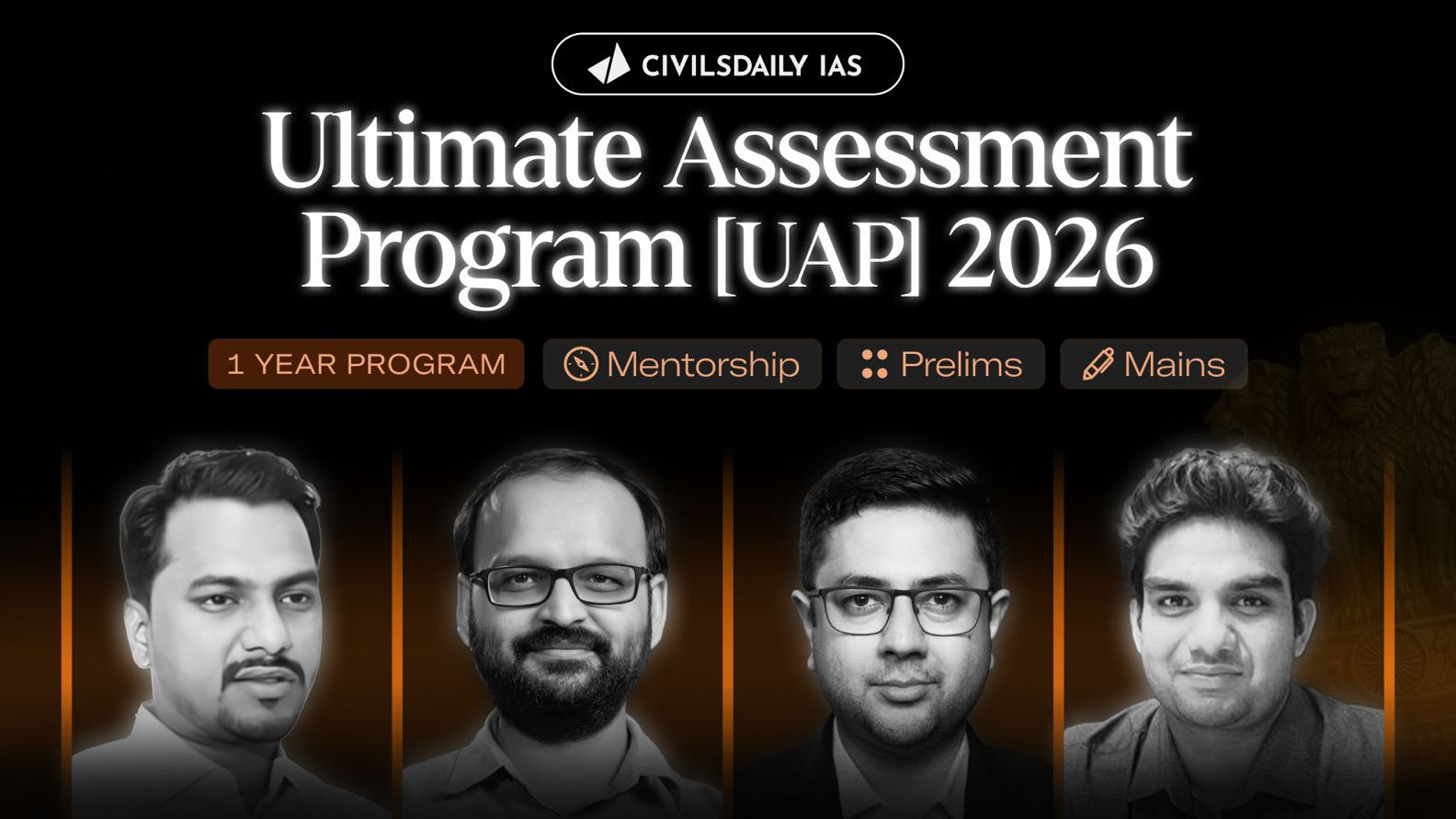
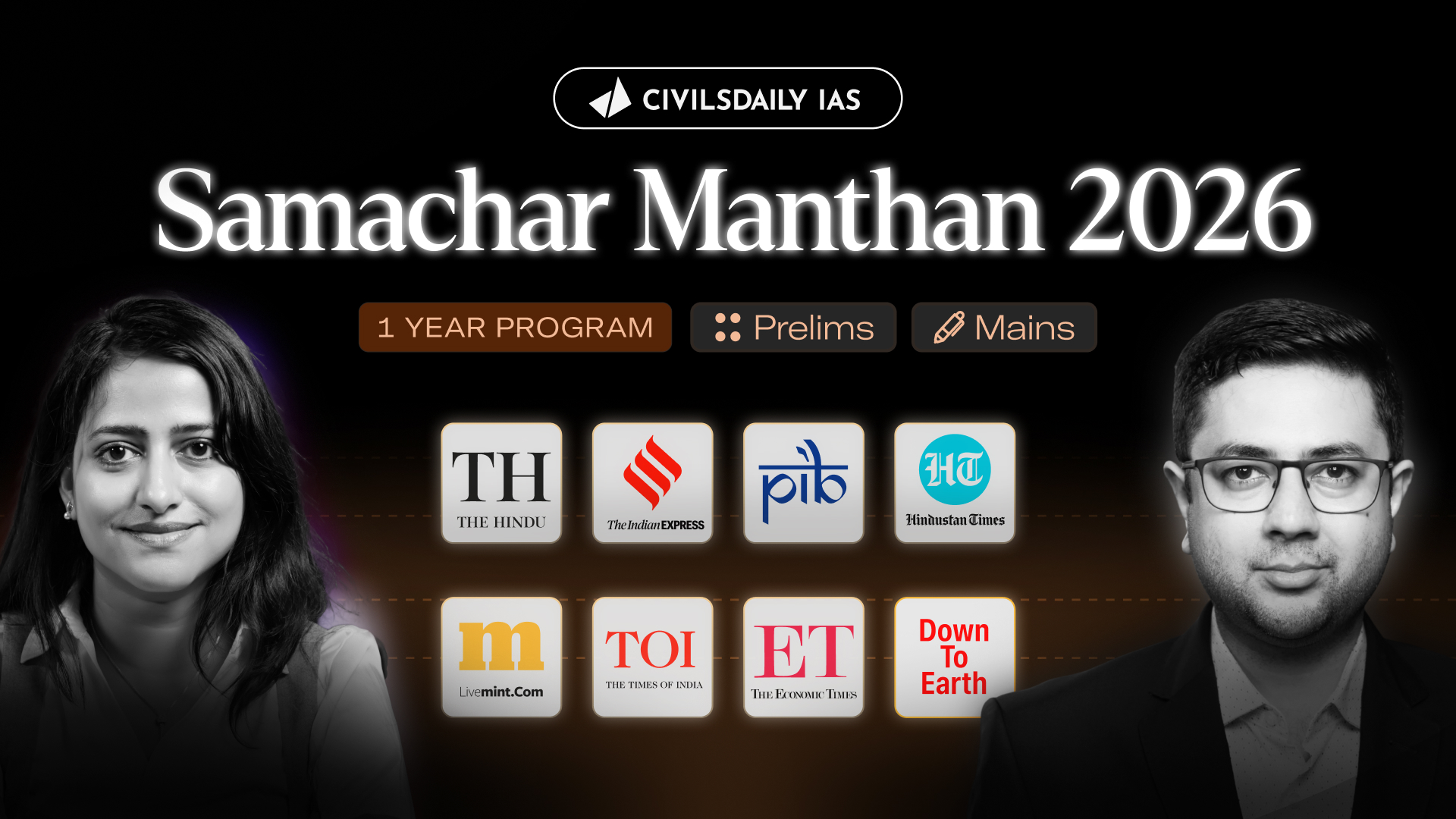
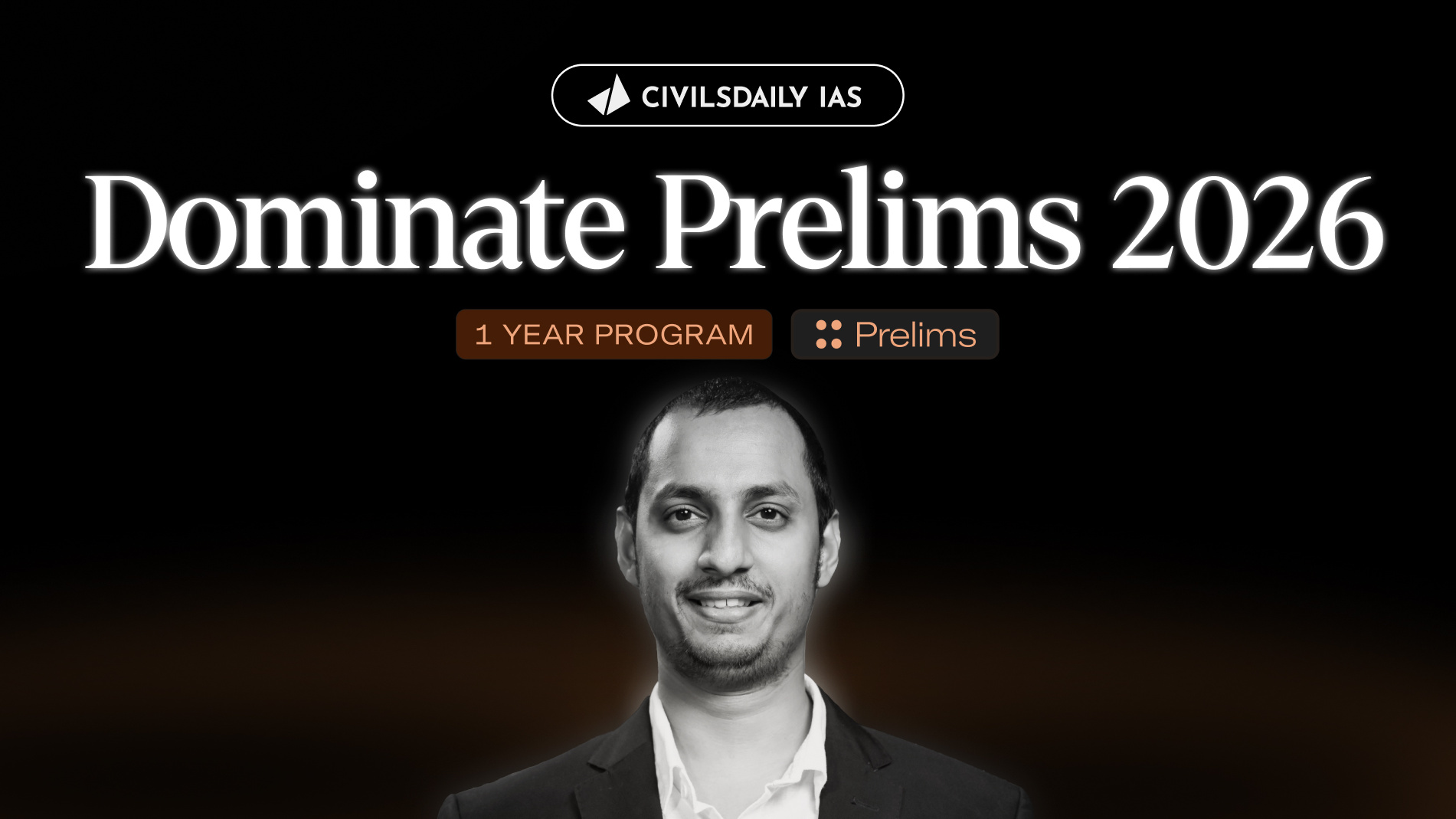
Burning IssuesInterview ProgramMotivation BytesPrelims DailyPrevious Year Question PaperProgram LaunchRanker WebinarsThe Hindu Op-edToppers TestimonialsUPSC Mains Topic-Wise PYQsUPSC PreparationUPSC SyllabusX Factor Notes
17th October
17 Oct 2017 | Prelims Daily with Previous Year Questions & Tikdams
Q.1) Which of the followin diseases are caused by ‘Virus’? 1. Measles 2. Mumps 3. Rabies 4. Dengue 5. Tetanus 6. Typhoid Select the correct option using the codes given below. a) 1, 2, 3, 4 only b) 1, 2, 5, 6 only c) 3, 4, 5, 6 only d) 1, 2, 5, 6 only… Continue reading 17 Oct 2017 | Prelims Daily with Previous Year Questions & Tikdams
16th October
Planning in India: Bombay Plan; People’s Plan; Mahalanobis Plan; Wage-Good Model; Gandhian Plan
Planning in India The Planning Debates The Bombay Plan A small group of influential business leaders in Bombay drew up and published in January 1944, a plan for the economic development of India. The Bombay Plan, as it is now popularly called, did not represent the opinion of the whole business community. But it claimed… Continue reading Planning in India: Bombay Plan; People’s Plan; Mahalanobis Plan; Wage-Good Model; Gandhian Plan
Issues related to Planning in India
Economic planning has been a central belief of India’s development strategy since independence. Since the time of independence, India has successfully followed the path of planned development. Understanding How Planning Worked: The Model The Indian Situation at the time of Independence. The Choices The basic question’s that planners had to decide are: The First question:… Continue reading Issues related to Planning in India
Mobilization of Resources
Planning Commission NITI Aayog (National Institution for Transforming India) Mobilization of Resources: National Development Council; Finance Commission; States Finance Commission
Planning Commission
The Planning Commission The Planning Commission was set up on the 15th of March 1950, through a cabinet resolution. Planning Commission had evolved over time from developing a highly centralised planning system towards indicative planning where Planning Commission concerns itself with the building of a long term strategic vision of the future and decide on priorities… Continue reading Planning Commission
NITI Aayog (National Institution for Transforming India)
NITI Aayog (National Institution for Transforming India) The NITI Aayog (National Institution for Transforming India), is a think tank of the Government of India established on 1 January 2015 as a replacement for the Planning Commission to provide Governments at the central and state levels with relevant strategic, directional and technical advice across the spectrum of key… Continue reading NITI Aayog (National Institution for Transforming India)
Mobilization of Resources: National Development Council; Finance Commission; States Finance Commission
National Development Council The National Development Council or the Rashtriya Vikas Parishad was set up on 6th August 1952 to strengthen and mobilise the effort and resources of the nation in support of the plan, to promote common economic policy in all vital spheres, and to ensure the balanced and rapid development of all parts… Continue reading Mobilization of Resources: National Development Council; Finance Commission; States Finance Commission
16 Oct 2017 | Prelims Daily with Previous Year Questions & Tikdams
Q.1) Consider the following statements regarding the ‘Atal Mission for Rejuvenation and Urban Transformation(AMRUT)’: 1. Rajasthan was the first state in the country to submit State Annual Action Plan under it. 2. It is dependent with public private partnership model(PPP) model. Which of the statements given above is/are correct? a) 1 only b) 2 only… Continue reading 16 Oct 2017 | Prelims Daily with Previous Year Questions & Tikdams
15th October
15 Oct 2017 | Target Mains | 8th Weekly Test with Official Answers
Attempt the questions individually by clicking on them. Q.1) Though representation of women in local bodies has increased after 73rd and 74th Constitutional Amendment Act, 1992, India does not present a good picture when it comes to women’s participation and representation in politics. Discuss the causes of low women’s participation and representation in politics in India.… Continue reading 15 Oct 2017 | Target Mains | 8th Weekly Test with Official Answers
14th October
14 Oct 2017 | Prelims Daily with Previous Year Questions & Tikdams
Q.1) Consider the following statement regarding the Right to Education Act: 1. It came into force in 2010. 2. 86th amendment made Education a Fundamental Right. Which of the statements given above is/are correct? a) 1 only b) Both are correct c) Neither 1 nor 2 d) 2 only Q.2) Which of the following… Continue reading 14 Oct 2017 | Prelims Daily with Previous Year Questions & Tikdams
13th October
13 Oct 2017 | Prelims Daily with Previous Year Questions & Tikdams
Q.1) With reference to the ‘Film and Television Institute of India’ which of the following statements is/are correct? 1. It comes under the Ministry of Information and Broadcasting. 2. It is a member of the International Liaison Centre of Schools of Cinema and Television (CILECT) Select the correct option using the codes given below. a)… Continue reading 13 Oct 2017 | Prelims Daily with Previous Year Questions & Tikdams
12th October
Railway Sector in India
Indian Railways (IR) have been the prime movers to the nation and have the distinction of being the second largest railway system in the world under single management. IR has historically played an important integrating role in the socio-economic development of the country. Its role in economic development assumes importance due to its innate advantage… Continue reading Railway Sector in India
Government Policy Support for the Energy Sector
Renewable Energy: A rising Source Wind energy is the largest source of renewable energy in India; it accounts for an estimated 64.77 per cent of total installed capacity (24.7 GW). There are plans to double wind power generation capacity to 20 GW by 2022. Biomass is the 2nd largest source of renewable energy, accounting… Continue reading Government Policy Support for the Energy Sector
Energy and Power Sector
Executive Summary India’s Power Sector: Evolution World’s Leading Electricity Producer’s Sources of Power in India’s Installed Capacity Energy Security in India: Recent Developments By Himanshu Arora Doctoral Scholar in Economics & Senior Research Fellow, CDS, Jawaharlal Nehru University
Port sector in India
Ports in India A common characteristic of the fast-growing East and South East Asian countries has been the rapid growth of trade during their high growth period. A higher share of trade in the economy contributes to the attainment of higher efficiency. A country improves its resource allocation by exporting those goods where it exhibits… Continue reading Port sector in India
Notable Initiatives of Indian Telecom Sector
Policy Support by Government to the Telecom Sector National Telecom Policy, 2012 Mobile Application Market in India By Himanshu Arora Doctoral Scholar in Economics & Senior Research Fellow, CDS, Jawaharlal Nehru University
Telecommunication Sector in India
Telecommunication Sector The substantial progress made in telecommunications since the early 1990s is a success story. The number of telephone lines has grown by 25-30 per cent each year throughout the 1990s. The telecommunication sector witnessed revolutionary change in the recent years and the Indian Telecom network is now the second largest in the World… Continue reading Telecommunication Sector in India
Recent Initiatives by the Railways
Announcement Made in Railway Budget Dedicated Freight Corridor DFC Objectives Dedicated Freight Corridor: Projections Modernisation of Railways Policy Support by the Government Automobile Freight Train Operator Scheme 2013: Wagon investment scheme Participative models for rail connectivity and capacity augmented projects Key modernisation initiatives Introduced ‘Operation 5 minutes’ scheme… Continue reading Recent Initiatives by the Railways
12 Oct 2017 | Prelims Daily with Previous Year Questions & Tikdams
Q.1) Recently, Sample Registration Survey (SRS) has revealed that states from the east and northeastern part of the country have registered a significant drop in Infant Mortality Rate (IMR). The SRS bulletin is published by the a) Registrar General of India b) Comptroller and auditor general of India c) Ministry of Women and Child Development… Continue reading 12 Oct 2017 | Prelims Daily with Previous Year Questions & Tikdams
11th October
Infrastructure Sectors: Energy, Ports, Roads, Airports, Railways etc
Infrastructure Sector in India: Definitions; Growth and Infrastructure Linkage Infrastructure Development in India Infrastructure Sector in India: Growth Drivers; Government Policy Initiatives Road Transport in India Civil Aviation Sector in India Railways Sector in India Recent Initiatives by the Railways Telecommunication Sector in India Notable Initiatives of Indian Telecom Sector Port Sector in India Energy… Continue reading Infrastructure Sectors: Energy, Ports, Roads, Airports, Railways etc
Slide Anything shortcode error: A valid ID has not been provided



